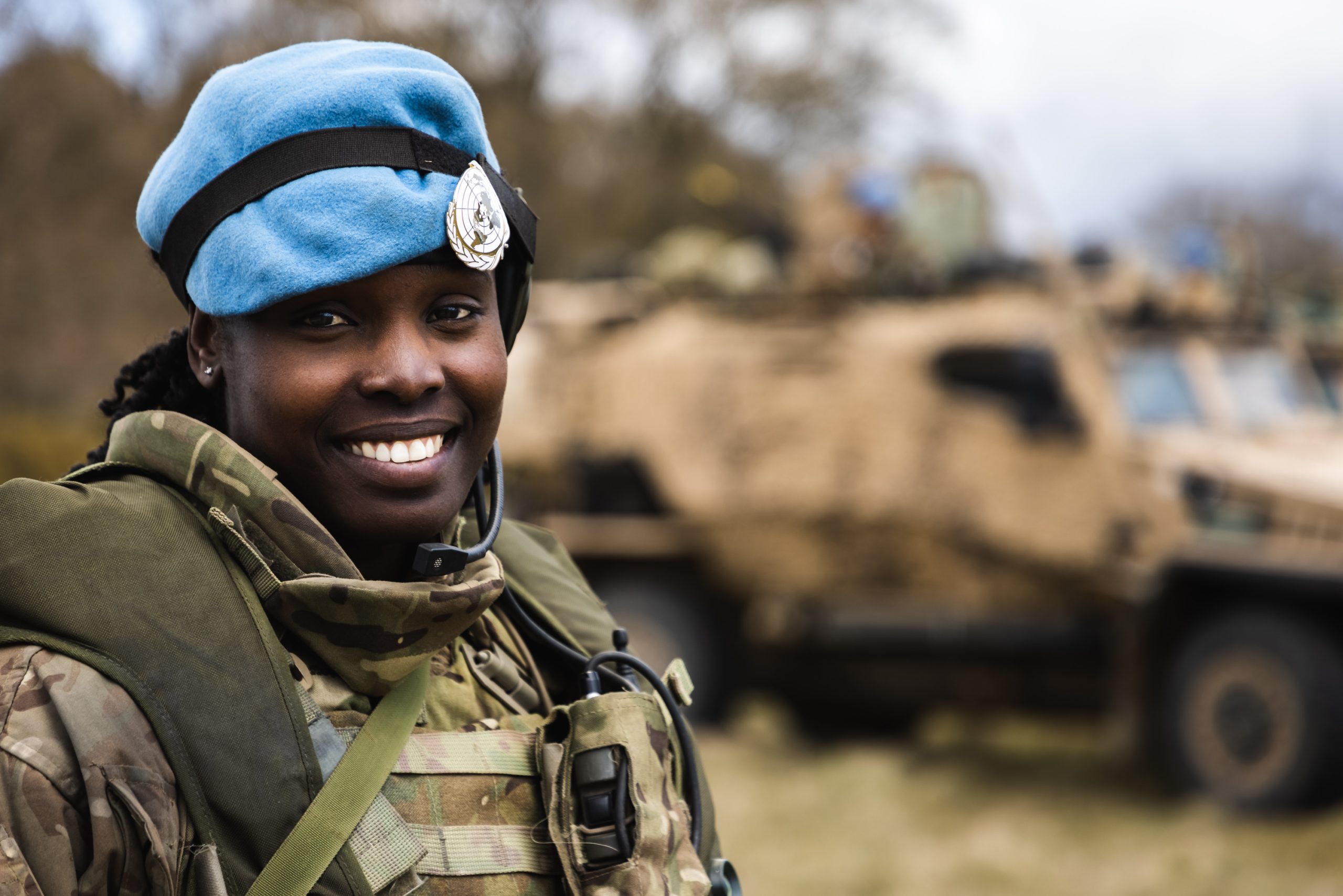In association with the UK Foreign, Commonwealth and Development Office
Executive summary
- The global context is rapidly evolving – with a significant increase in violent, protracted, and recurrent conflict, alongside increasing polarisation, nationalism and militarism, and a ‘roll-back’ of internationally agreed norms and the rights of women and girls. From 22-24 April 2024, representatives from governments, civil society, international organisations and academia came together with grassroots peacebuilders and women’s rights activists to explore the complexity of taking a gendered approach to enable an improved response to global conflict and prevent doing harm in conflict settings.
- Discussion examined how and why gender is often traded away or seen as a separate and secondary consideration to political and security interests, and generated ideas on promoting a peace that is grounded in equalities. There were four broad themes of discussion: 1) Political, economic and international context including ‘rollback’; 2) Transforming culture and leadership; 3) Policies, Systems, structures and processes; and 4) Crisis response.
- This report captures the main points and recommendations of the discussion, with supporting quotations from participants in blue. It does not represent agreed policy from HMG or any of the participants.
Key points
- During the discussions, three key points stood out:
i) Conflict is fundamentally gendered: malign actors are using gendered approaches and understanding of gender norms to fuel conflict, violence and radicalisation among men and women. To provide an effective counter response, international actors need to consider gender dynamics across all decision-making and move beyond the idea of gender as a “soft topic” that is unrelated to “hard security” or a second order priority that can wait. The evidence shows that gender equality continues to be associated with peace and stability.
-
“Conflict is not a male preserve. There are women on the front lines – from Female Kurdish battalions and Ukrainian fighters and female insurgents in Boko Haram, to women in key roles in defence and intelligence.”
ii) Competing priorities must be identified and discussed to improve our conflict interventions: conflict and crisis actors need to unpack and negotiate perceived tensions and binary thinking between inclusion and getting the job done as quickly and simply as possible, to prevent gender from automatically being de-prioritised in the initial stages. There are no easy answers, but we should consider perceived tensions between: the speed vs inclusiveness of ceasefires; scale vs an inclusive humanitarian response; food and shelter vs Gender Based Violence (GBV) and sexual and reproductive health services; and raising sexual violence, and other atrocities, in our public communications vs raising privately on diplomatic channels, and/or preserving operating space and political capital.
iii) A more effective approach in conflict requires concerted action from governments including HMG to embed gender in a continuum of conflict prevention, early warning and crisis preparedness, response and post-conflict recovery including transitional justice. This includes: reframing how we think and talk about security to include women and girls’ perspectives and priorities; engaging men and all senior leadership in the discussion; institutionalising incentives, requirements and accountability mechanisms to promote a gendered approach; resourcing and building partnerships between governments and civil society including women’s and girls’ rights organisations and movements; and refocusing discussion and resourcing from conflict response to conflict prevention.
-
“How little we talk about peace. A sustainable peace is grounded in equalities”
